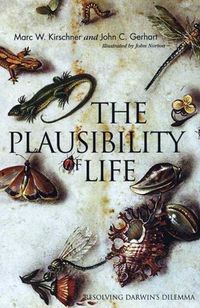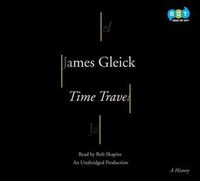
The Plausibility of Life: Resolving Darwin's Dilemma
A Evolution, Nonfiction, Nature book. This is the scary part where we get to see if I actually understood what I read....
Offering daring new ideas about evolution, two highly respected biologists here tackle the central, unresolved question in the field—how have living organisms on Earth developed with such astounding variety and complexity? Marc Kirschner and John Gerhart draw on cutting-edge biological and medical research to provide an original solution to this longstanding puzzle."In this terrific new book, molecular systems meet evolution. The result is a wealth of stimulating ideas set among clear explanations drawn from a revelatory decade in biology."—Andrew H. Knoll, author of Life on a Young Planet"Thought-provoking and lucidly written. . . . The Plausibility of Life will help readers understand not just the plausibility of evolution, but its remarkable, inventive powers." —Sean Carroll, author of...
Download or read The Plausibility of Life: Resolving Darwin's Dilemma in PDF formats. You may also find other subjects related with The Plausibility of Life: Resolving Darwin's Dilemma.
- Filetype: PDF
- Pages: 336 pages
- ISBN: 9780300119770 / 300119771
rJozsIBO3IZ.pdf
More About The Plausibility of Life: Resolving Darwin's Dilemma
This book reads more like a textbook than popular science journalism, but it's well worth the extra effort. The authors propose a theory of facilitated variation, poking holes in nearly every argument in the Intelligent Design arsenal by providing evidence that complex systems can, and do, evolve in measurable ways, particularly in... Darwin's theory of evolution explains the process of natural selection, but doesn't explain the sources of variation the selection acts upon. A lot more is known about variation now than in Darwin's days: how Hox genes divide the bilateral animal embryo into segments, and allow mutated genes to change the development of one segment... This is the scary part where we get to see if I actually understood what I read. To explain it a little more, they're proposing a theory called "Facilitated Variation." Basically, they're saying that it is impossible that complex structures evolved from complete small chunks of randomness because all of the complex parts couldn't possibly...











